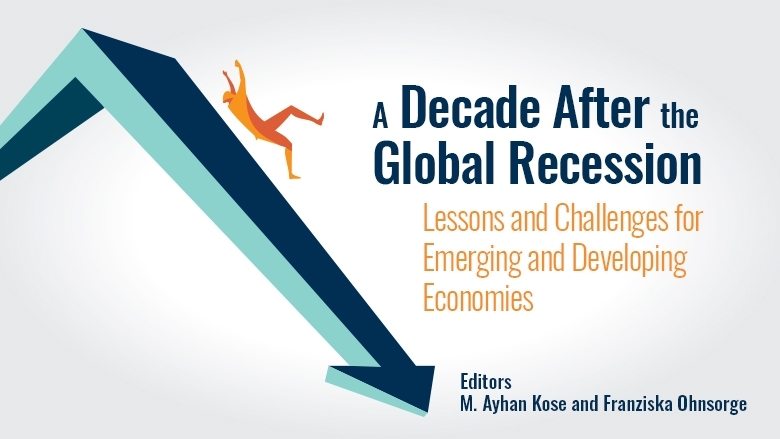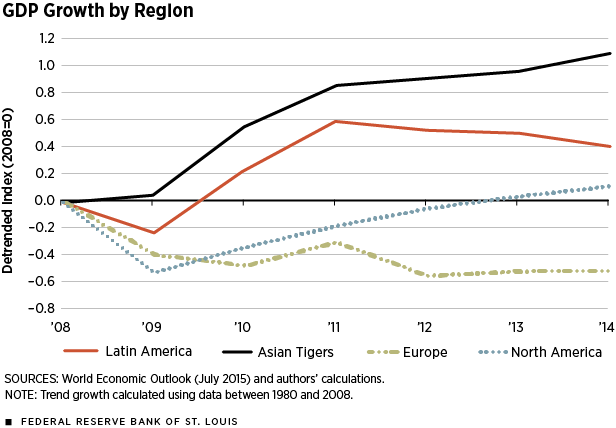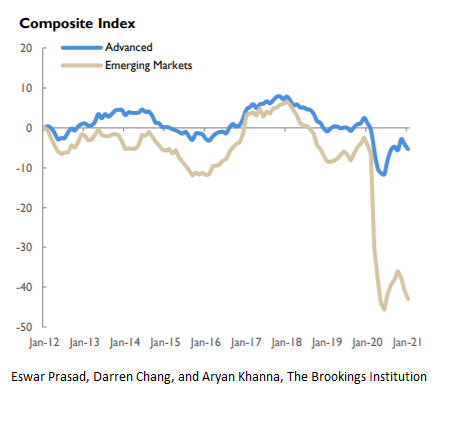Key Takeaways
| ⚡ The global economy is on the path to recovery in 2024 after a deep recession caused by factors such as inflation, supply chain disruptions, and geopolitical tensions. |
| ⚡ Governments are implementing expansionary fiscal policies, investing in infrastructure, and creating stimulus packages to accelerate economic growth. |
| ⚡ Technological advancements, including automation and artificial intelligence (AI), are playing a key role in enhancing productivity and boosting recovery efforts across sectors. |
| ⚡ Green energy and sustainability initiatives are shaping the future of the economy, as countries focus on reducing carbon emissions while creating new jobs in renewable energy industries. |
Global Economic Recovery Post-Recession – 2024: The Road to Stability and Growth
In 2024, the world is slowly emerging from one of the most significant economic downturns in recent memory. The global recession, caused by a combination of factors such as inflation, geopolitical instability, and supply chain disruptions, had far-reaching effects across industries and nations. But as the dust begins to settle, governments, businesses, and communities are working together to rebuild economies and foster growth.
The recovery process, however, is far from straightforward. While certain regions and industries are bouncing back quicker than others, the overall global economy is experiencing a mix of challenges and opportunities. From expansionary fiscal policies to technological innovations and the growing focus on green energy, 2024 is shaping up to be a pivotal year in setting the foundation for long-term economic stability and prosperity.

"The global economy is at a turning point," says a spokesperson from the International Monetary Fund (IMF). "While recovery is underway, it requires coordinated efforts from both governments and private sectors to ensure that growth is sustainable and inclusive."
"The road to economic stability is paved with innovation, green energy investments, and policies that prioritize long-term resilience over short-term gains."
Key Economic Recovery Strategies
Governments around the world have employed various strategies to combat the effects of the recession and stimulate economic growth. Expansionary fiscal policies have been a major tool for many nations, involving increased government spending, tax cuts, and infrastructure investments to jumpstart growth. These measures are aimed at boosting consumer demand, creating jobs, and stabilizing industries that were hardest hit by the downturn.
For example, the U.S. has implemented a robust infrastructure bill focused on rebuilding aging roads, bridges, and public transportation systems, while also investing heavily in renewable energy projects. This has not only created jobs but has also helped the country transition towards a more sustainable economy. In Europe, the European Union’s "NextGenerationEU" recovery fund is pouring billions into digital and green energy projects, while in China, government stimulus is focusing on technological innovation and boosting domestic consumption.

Technological Innovation and Automation
Technological innovation is playing a critical role in driving the post-recession recovery. Automation, artificial intelligence (AI), and machine learning are transforming industries by increasing productivity and efficiency. In the manufacturing sector, for example, automation has enabled companies to produce goods faster and at lower costs, helping businesses recover from the disruptions caused by the pandemic and supply chain issues.
AI is also being widely adopted in areas such as healthcare, finance, and logistics, where it’s improving decision-making, streamlining operations, and reducing costs. The digital economy, which saw massive growth during the pandemic, continues to be a driving force in 2024. E-commerce, remote work technologies, and digital finance platforms are creating new opportunities for businesses and workers alike, making economies more adaptable and resilient.
Green Energy and Sustainability as Pillars of Recovery
The green energy revolution is a cornerstone of global economic recovery efforts in 2024. As countries work to reduce their carbon footprints and transition away from fossil fuels, renewable energy industries such as solar, wind, and hydro are experiencing rapid growth. Governments are not only investing in green infrastructure but also providing incentives for businesses to adopt sustainable practices and technologies.
The shift towards sustainability is creating millions of new jobs in clean energy sectors, from the construction of solar farms to the production of electric vehicles (EVs). As demand for EVs continues to grow, major automakers are ramping up production, with several countries setting deadlines for phasing out gas-powered cars entirely by 2035. These initiatives are not only crucial for combating climate change but also for ensuring long-term economic stability.
Key Sectors Driving Global Economic Recovery
- Renewable Energy – Solar, wind, and other renewable energy industries are booming as countries invest in sustainable infrastructure and green jobs.
- Technology and Automation – Automation and AI are transforming industries, increasing productivity and efficiency, and helping businesses recover from supply chain disruptions.
- Healthcare – Investments in healthcare systems, biotechnology, and medical research are helping nations recover from the pandemic while preparing for future health crises.
- Digital Economy – E-commerce, fintech, and digital platforms continue to grow, providing businesses with new revenue streams and making economies more resilient.
- Infrastructure – Governments are investing in infrastructure projects that create jobs and modernize public systems, from transportation to energy grids.
As these sectors continue to grow, they are reshaping the global economy in profound ways. The post-recession recovery is being driven not just by traditional industries but by forward-looking investments in technology, sustainability, and infrastructure. The lessons learned from the economic downturn have prompted governments and businesses to prioritize resilience, ensuring that economies are better prepared for future crises.
Which Sector Do You Think Will Drive Economic Growth the Most in 2024?
Vote on which industry you believe will play the biggest role in the global economic recovery:
Global Economic Recovery Information
Key Focus: Economic Growth, Fiscal Policies, Green Energy, Technology
Key Players: IMF, World Bank, National Governments, Private Sector
Goals: Rebuild economies, create jobs, transition to sustainable energy, foster innovation
Year: 2024




.jpg)




